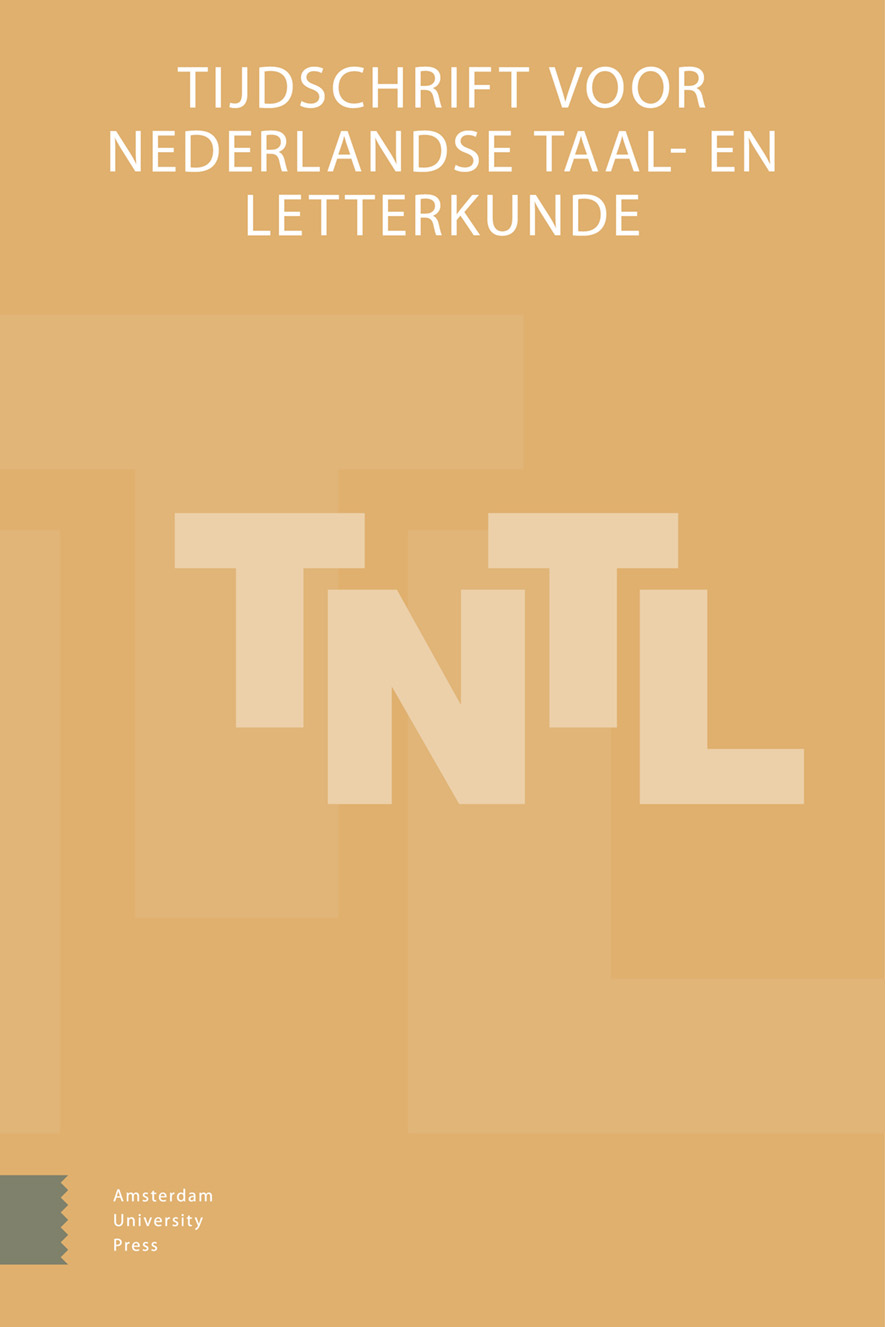-
oa Het gruwelijke gezicht van de geschiedenis
De politieke betekenis van de allegorie bij Boeli van Leeuwen
- Amsterdam University Press
- Source: Tijdschrift voor Nederlandse Taal- en Letterkunde, Volume 136, Issue 2, Jan 2020, p. 127 - 144
Abstract
The memory of colonialism and slavery is finally becoming more widespread in the Netherlands. However, the field of literary studies still falls behind compared to the central place of the Dutch-Caribbean slavery past in recent societal debates. One of the reasons could be that the representation of trans-Atlantic slavery in literature is often oblique and allegorical. This article proposes a reading of such allegories in The Sign of Jonah (Van Leeuwen 1995) by the Dutch-Antillean writer Boeli van Leeuwen. The novel’s intertextual references to both the Biblical story of Jonah and numerous other intertextual references, connect European, South-American and religious texts with the violent colonial history of the Caribbean. Using European (Walter Benjamin) and Caribbean (Eduard Glissant, Antonio Benítez-Rojo) theory, we argue that it is precisely this hybrid and postmodern practice of meaning-making that shapes the depiction of slavery and colonial memory in Van Leeuwen’s novels. Binary oppositions between Europe and South-America, masters and slaves, humans and nature, are deconstructed and readers are encouraged to understand man as fundamentally entangled with his other, be it animal, botanical and mineral. The postmodern use of the allegory turns out to produce cultural memory, and also to announce a future of ‘ecobe-comings’.


